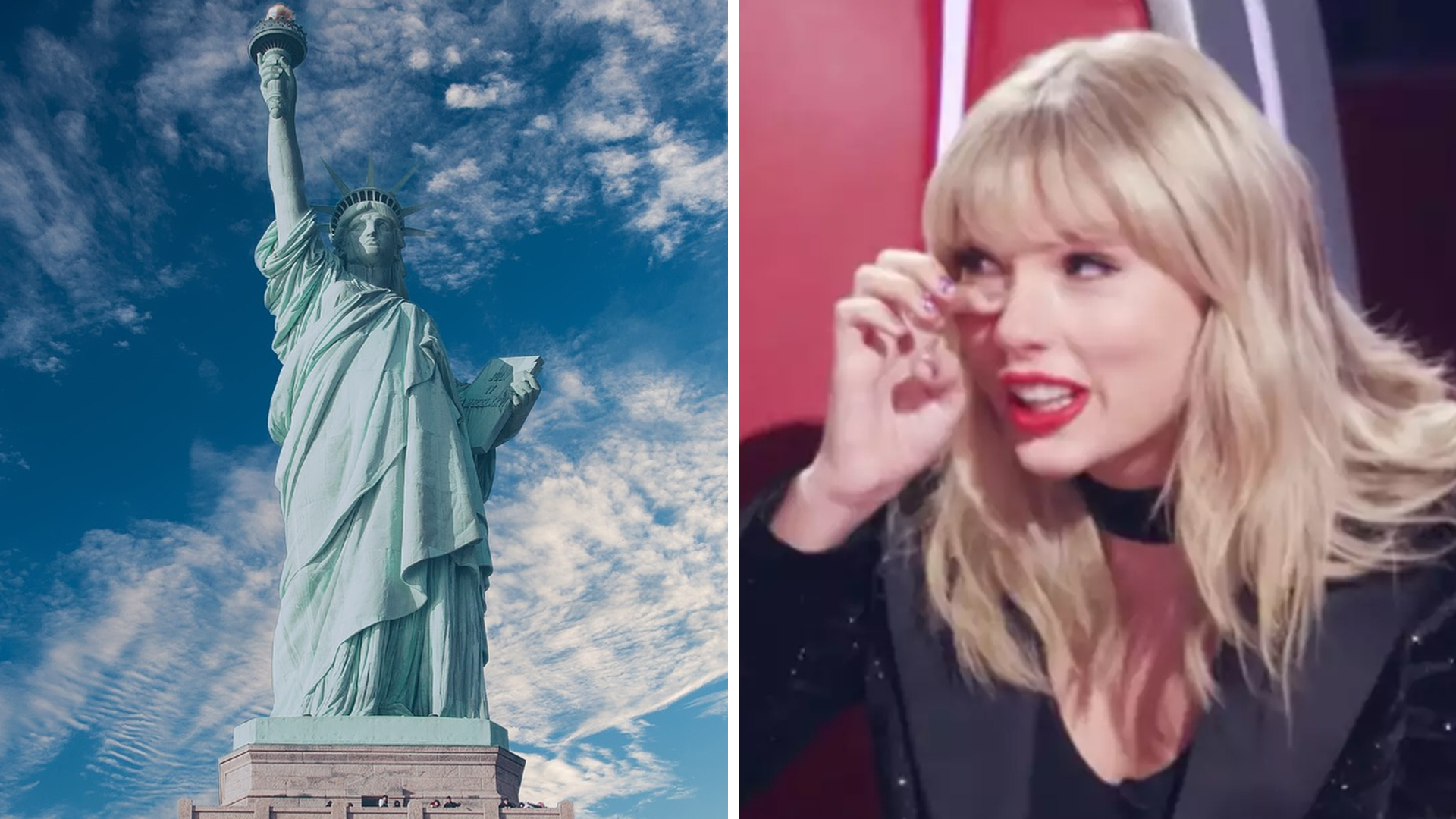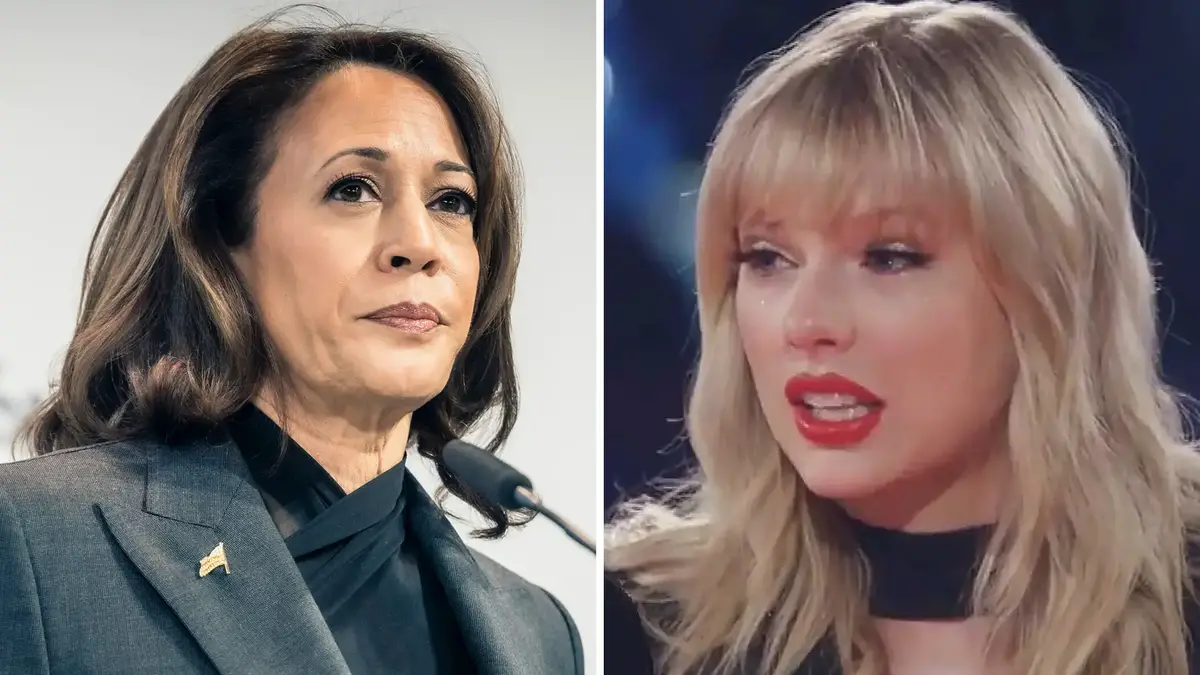In the ever-changing landscape of celebrity endorsements, few figures have wielded as much influence as Taylor Swift.
With a dedicated fan base and a remarkable career spanning over a decade, Swift has become a formidable force in the marketing world.
However, recent reports indicate that she has lost five major sponsors following a high-profile endorsement deal.
This unexpected turn of events has raised questions about the implications of celebrity endorsements
and the potential fallout from aligning with certain brands.

The saga began when Swift announced her endorsement of a prominent political campaign, marking a significant shift in her public persona. While many applauded her for using her platform to advocate for social change, the decision did not come without consequences. Swift’s supporters hailed her move as courageous, viewing it as a reflection of her commitment to progressive values. However, the endorsement also alienated some of her long-time sponsors, who may have felt that her political stance did not align with their brand identity or customer base.

The loss of these sponsors highlights the inherent risks associated with celebrity endorsements. Brands often seek to associate themselves with celebrities who embody their values and resonate with their target audience. Swift’s endorsement of a politically charged campaign, while meaningful to many, created a potential rift between her and brands that prefer to maintain a neutral stance on contentious issues. Companies may worry that aligning with Swift during a polarizing moment could result in backlash from consumers who hold differing views.
Among the sponsors that have reportedly severed ties with Swift are major names in the fashion and beauty industries. These brands have historically capitalized on Swift’s wholesome image and broad appeal. The sudden shift in their partnership strategy indicates that they may be recalibrating their marketing approaches in response to changing public sentiments. It underscores the fine line celebrities must walk when balancing personal convictions and brand endorsements.
Moreover, this situation raises broader questions about the relationship between celebrity culture and corporate branding. As society increasingly demands that public figures take a stand on social and political issues, brands must navigate these waters carefully. They must weigh the potential benefits of aligning with a socially conscious celebrity against the risks of losing customers who disagree with that stance. The current climate demands that companies remain vigilant about public opinion and the sentiments of their consumer base.
For Swift, this moment marks a turning point in her career. As a long-time advocate for various social causes, her political endorsement was seen as a natural evolution of her public persona. Nevertheless, the backlash she has faced from sponsors demonstrates that not all consumers are ready to embrace such a shift. While her fanbase may celebrate her activism, some brands may prefer to distance themselves from any potential controversy, especially in an era where consumers are quick to voice their opinions on social media.

Interestingly, Swift’s loss of sponsors does not necessarily indicate a decline in her overall marketability. Her fanbase remains incredibly loyal, and her recent album releases continue to perform well. Many industry experts believe that Swift’s long-term brand will endure beyond this temporary setback. The current situation could even lead to new opportunities for her to partner with brands that align more closely with her values and beliefs.
As Swift navigates this complex landscape, she serves as a case study for other celebrities considering political endorsements. The situation underscores the necessity for public figures to think strategically about their partnerships and the potential implications of their actions. For brands, the swift changes in their endorsement strategies in response to public sentiment reveal a growing awareness of the need to align with values that resonate with their customers.

In conclusion, Taylor Swift’s recent loss of five major sponsors following her political endorsement is a significant moment in the realm of celebrity endorsements. It illustrates the risks that come with taking a public stance on contentious issues, as well as the complex relationship between celebrities and brands. As both Swift and her former sponsors navigate the evolving landscape of public opinion, the incident serves as a reminder of the power of celebrity influence and the delicate balance required in the world of endorsements.





